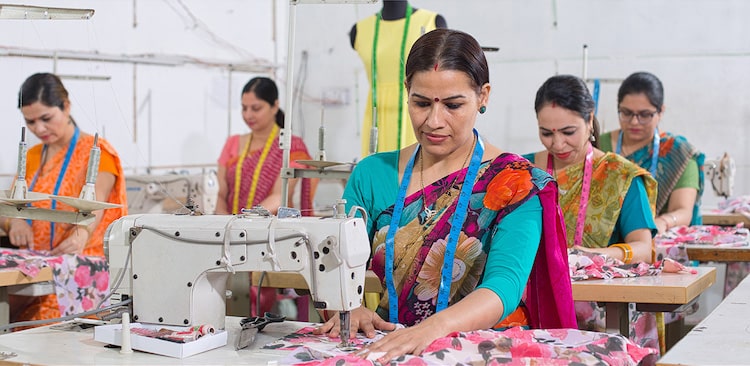Empowering Rural Women through Skill Development: The Role of Non-Profits and CSR Initiatives
Reading time - 4 min.
Related Articles
PM Kisan 20th Installment Date: किसानों के लिए खुशखबरी, कब आएगा पीएम किसान योजना की 20वीं किस्त का पैसा? जानें पूरी जानकारी
PM Kisan 20th Installment Date: देश के करोड़ों किसानों के लिए राहत भरी खबर सामने आई है। प्रधानमंत्री किसान सम्मान निधि योजना (PM Kisan...
How Businesses Can Lead Disaster Management through Strategic CSR
Corporate Social Responsibility (CSR) has lately managed to make its presence in most of the business as one small department or unit, which is...
केरल की साक्षरता भी नहीं रोक पाई किसानों की आत्महत्याएं
देशभर में केरल को शिक्षा, विकास और मानव संसाधन का मॉडल माना जाता है, लेकिन आरटीआई में मिली जानकारी से एक चौंकाने वाली हकीकत...


 Dr Annappa Kamath
Dr Annappa Kamath